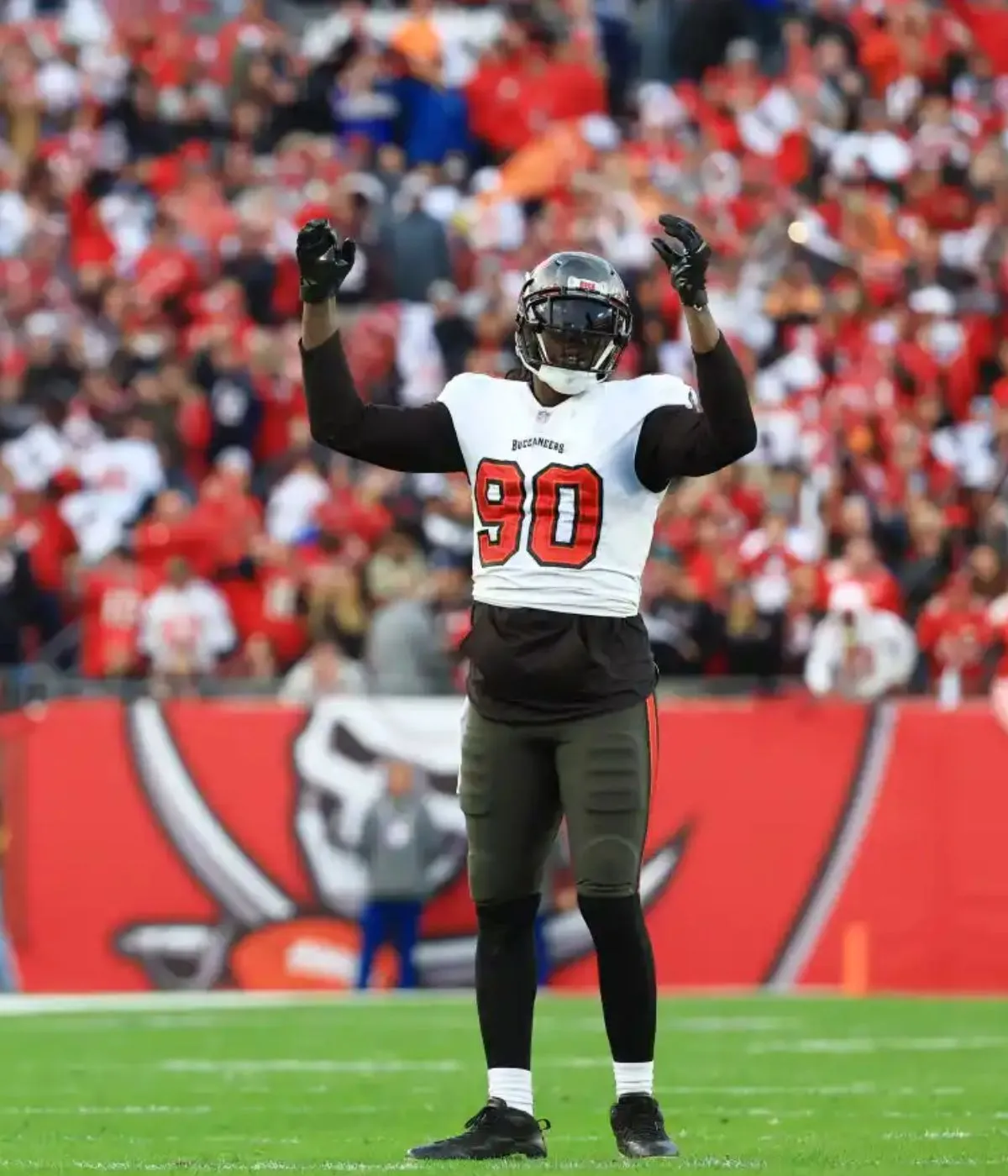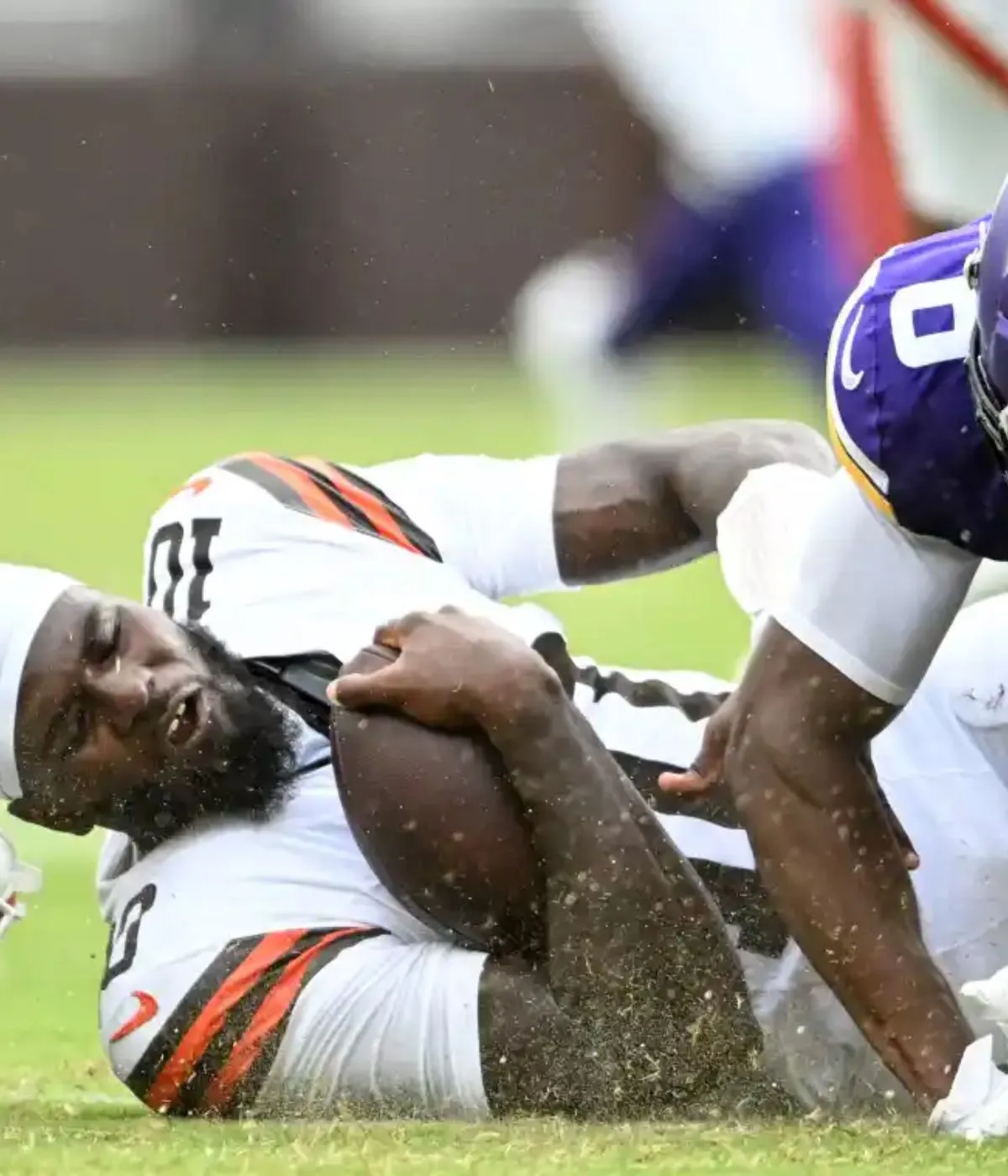
This weekend will see big-time boxing return once more to Wembley Stadium, when Oleksandr Usyk and Daniel Dubois meet on DAZN, but just over sixty-two years ago saw the now-legendary fight between Cassius Clay and Henry Cooper.
He was not yet Muhammad Ali, still being known as ‘Cassius Clay’; the name change would come a year later, just after his defeat in six rounds of Sonny Liston in Miami. The social stuff would come later, too, and the controversy. And the championships. And his becoming the ‘Greatest’ was still only something that he blared in the run-up to fights, a wrestling call to make him the ‘heel’ and the villain.
Ali, 18-0 (14), was still on his way towards the heavyweight title, still thought of as a clown to many, still barely a man and not far from a boy. He was heading towards Liston, but not many held out much hope. He was too young, too small, too unwilling to stand and fight.
His career trajectory was, if not slumping, then possibly bending into a plateau. He came to the Cooper fight three months after decisioning Doug Jones in New York in a fight that many thought Ali had lost. Before that, there had been Charlie Powell in Pittsburgh, an easy stoppage in three. So far, the only memorable name on Clay’s record was that of Archie Moore, a former light-heavyweight champion, Clay’s own former coach, and then 48 years old.
Ahead on the road for Clay was Liston, as dark as a thundercloud and threatening sparks and violence. Menace itself.
But for now, Ali was in town to face Henry Cooper, British and Commonwealth champion. Cooper, 27-8-1 (18), was young himself, just 29, but he looked with his receding hairline and scar-thickened face like a much older man.
The pair met at Wembley Stadium, although the number of people there differ with each telling. Thomas Hauser, in Muhammad Ali: His Life and Times, says it was 55,000. David Remnick, in King of the World, gives the same number. Stephen Brunt, writing in Facing Ali in 2002, says the number was ‘more than 40,000’.
Either way, the stadium was far from being filled to capacity.
Ali did his best to sell the fight. He arrived in London with his brother Rudy and, according to Remnick, readily posed for pictures with everyone while wearing a three-piece suit and bowler hat. He referred to Buckingham Palace as a ‘swell pad’.
He also disparaged Cooper’s abilities to hurt him. And he reassured all those who would listen that he would stop Cooper in five rounds.
“If Cooper whups me, I’ll get down on my hand and crawl across the ring and kiss his feet,” Ali said. “And then I’ll put on a false moustache and beard and take the next jet out of town.”
Many of the British hated him. Cooper did not care.
“In them days,” he said later, “the public over here didn’t like him. I used to be on the road training at quarter to four in the morning. And I used to meet old girls, old ladies, and office cleaners going to work. I’d be running, and they’d be saying, ‘Button that loudmouth’s lip!’ People asked me if I was upset. I said, ‘Tell him to carry on. I’m on percentage. He’s earning me money. Don’t stop him.”
On the night of the fight, Clay came to the ring in a red robe with ‘The Greatest’ printed on the back, a crown on his head. He toyed with Cooper for the first three rounds as the London fighter pushed and tried to rough the American up on the inside.
Two left hands opened up cuts above Cooper’s eyes, and he knew the injuries were bad. The worse in his career, he later admitted.
At the end of the third round, Cooper’s corner told him. “We’re going to stop it after the next round,” they said. “Cut’s too bad.”
It was then that Cooper knew he had to turn things around. It took a few minutes but then he found an opening and, in the closing seconds of the fourth round, he threw a left hook that landed squarely on Ali’s jaw and sent him down to the ropes, where he slid to the floor.
Knocked down for only the second time in his career, Ali turned on to his side as the bell rang, got to his feet, and wobbled to his corner.
Years later, Ali’s coach Angelo Dundee would tell biographer Thomas Hauser. “He got hit with that hook right on the button. So when he came back to the corner, I gave him smelling salts. One of the cornermen put ice on his back and down around his lower extremities to give him some feel.”
- Read next | Two-weight world champion to feature on Usyk vs Dubois Wembley undercard
Dundee looked down and took note again of the left hand of Ali’s glove, which he had noticed had split in the first round. He had not called attention to it when the fight was going their way. Now, he saw his charge was in trouble and they needed something extra. He reached down and stuck his thumb in the hole, then called over referee Tommy Little.
“Glove’s split,” Dundee said. “We need a new one.”
A conversation took place about what to do. Someone was dispatched to the dressing rooms at Wembley to fetch another glove so a change could be made after the fifth round. The extra time taken for the conversation saved the day for the American.
“I don’t know how much time that gave us,” Dundee said later. “Maybe a minute, but it was enough. If we hadn’t gotten the extra time, I don’t know what would have happened.”
The pair would meet again three years later. There was less drama this time, even though the rematch was for the heavyweight championship of the world. The pair met at Highbury, not Wembley, and the champion had changed his name in the interim to Muhammad Ali.
Cooper was cut a second time, finished in the rematch in six rounds.
The ‘punch’, however, lived on. Cooper would later remark ruefully that he should have received a royalty for every time it was shown on the television in the coming decades.


-1749392092-q80.webp)
-(7)-1753864756-q80.webp)